
Music / “L’Invitation au Voyage”, AJ America and Ella Luhtsaari, at ANU Drill Hall Gallery, March 1. Reviewed by TONY MAGEE
SOPRANO AJ America and pianist Ella Luhtsaari presented a delightful and varied program of late 19th century French art song.
The title of the concert was also the title of the opening piece, by Henri DuParc. “L’Invitation au Voyage” first came to international public prominence with the release of Maggie Teyte’s superb recording from 1940.
The great Norwegian soprano Kirsten Flagstad, rated this version as her favourite piece in the recorded repertoire when interviewed on Desert island Discs in Britain in the late 1940s.
Hearing it again last night, performed live by these two very talented musicians brought tears to my eyes as I was swept along with the beauty of the melody, which America delivered with passion, supported by the exquisite piano accompaniment of Luhtsaari.
This pattern of finely polished singing, with excellent pitch and diction and the most skilful accompanying I’ve heard in many years, was repeated throughout the entire concert.
Also very evident, was the confidence of delivery from both performers. The show was meticulously rehearsed and not a beat was missed by either performer.
Debussy’s “La Chevelure”, from his “Trios Chanson de Bilitis”, reminded all seasoned lovers of those first early years, long ago, experimenting with the excitement, joy, loss and sadness of loves that come and go, loves that are longed for and loves unrequited.
Poulenc’s “Banalités” is a five movement song cycle. Here, America and Luhtsaari very successfully portrayed the significant contrasts in tempo and style between each song.
Luhtsarri played a piano solo, Debussy’s “Rêverie”, most expressively, bringing out the left hand melody later in the piece with mellifluous depth of tone, complemented by a rippling right hand.
Three pieces by Fauré followed, his “Fleur jétée”, bearing a striking resemblance to Schubert’s setting of Erlkönig. Luhtsaari’s piano accompaniment was outstanding.
The show closed with two pieces by Satie, his “Élégie” and the famous “Je te veux”, in which America displayed more than at any other time during the concert, her incredible breath control, that no doubt stems from her years of solid choral training as a youngster with the Sydney Children’s Choir and Gondwana Voices.
It’s rare to see and hear two performers who are so comfortable with each other, almost as one. It’s the way it should be, particularly in the revealing, almost nakedness, of voice and piano together.
Who can be trusted?
In a world of spin and confusion, there’s never been a more important time to support independent journalism in Canberra.
If you trust our work online and want to enforce the power of independent voices, I invite you to make a small contribution.
Every dollar of support is invested back into our journalism to help keep citynews.com.au strong and free.
Thank you,
Ian Meikle, editor

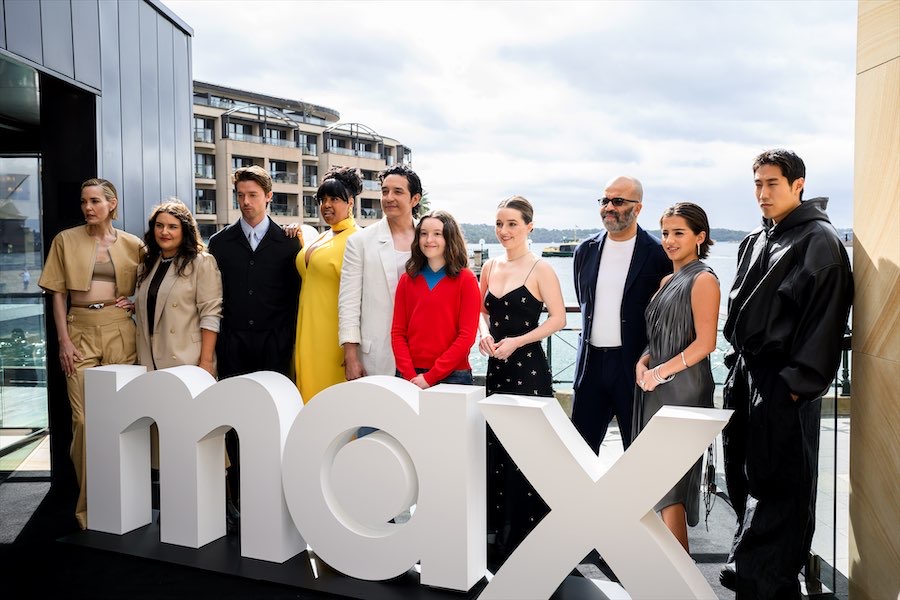
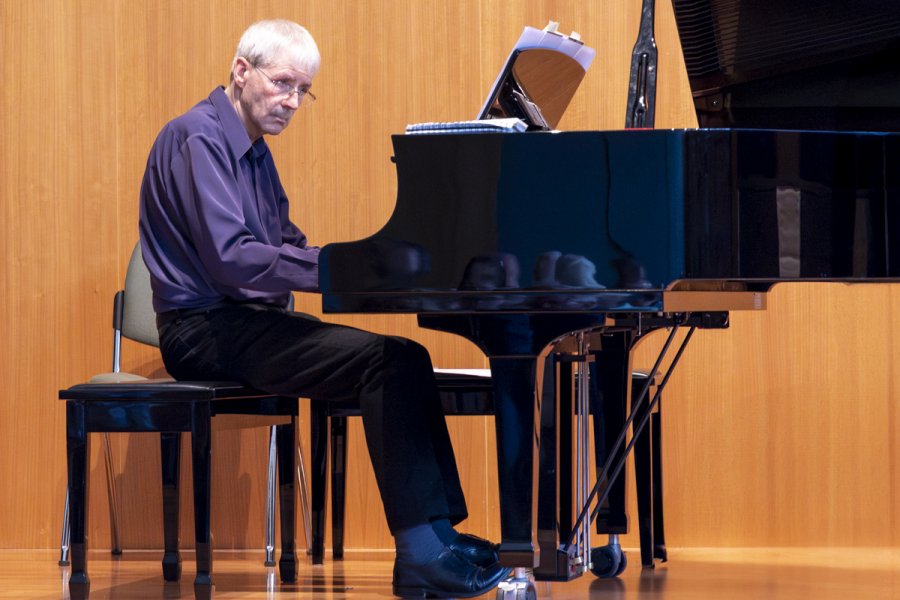
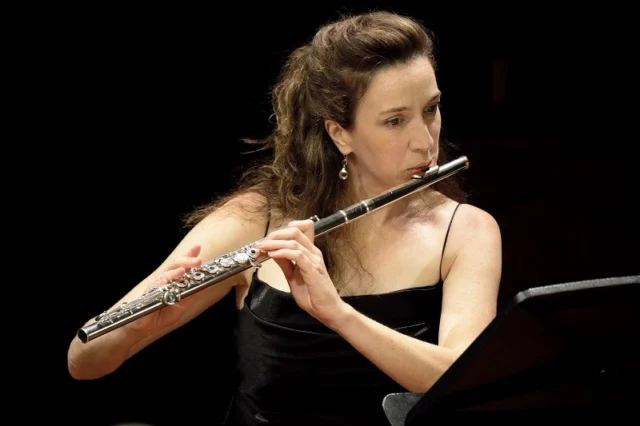
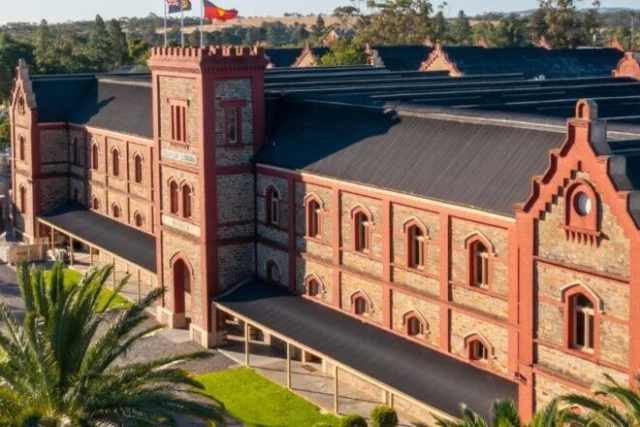
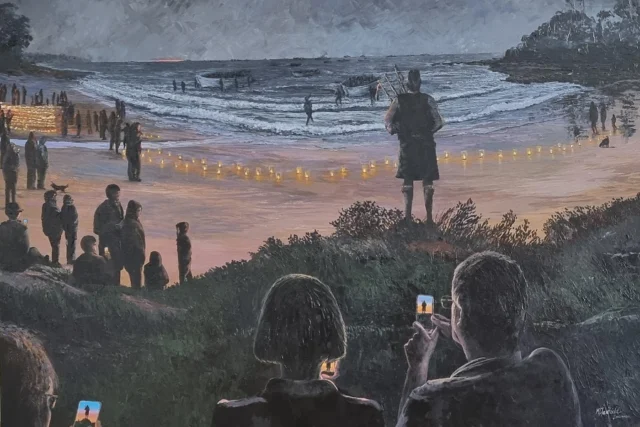


Leave a Reply